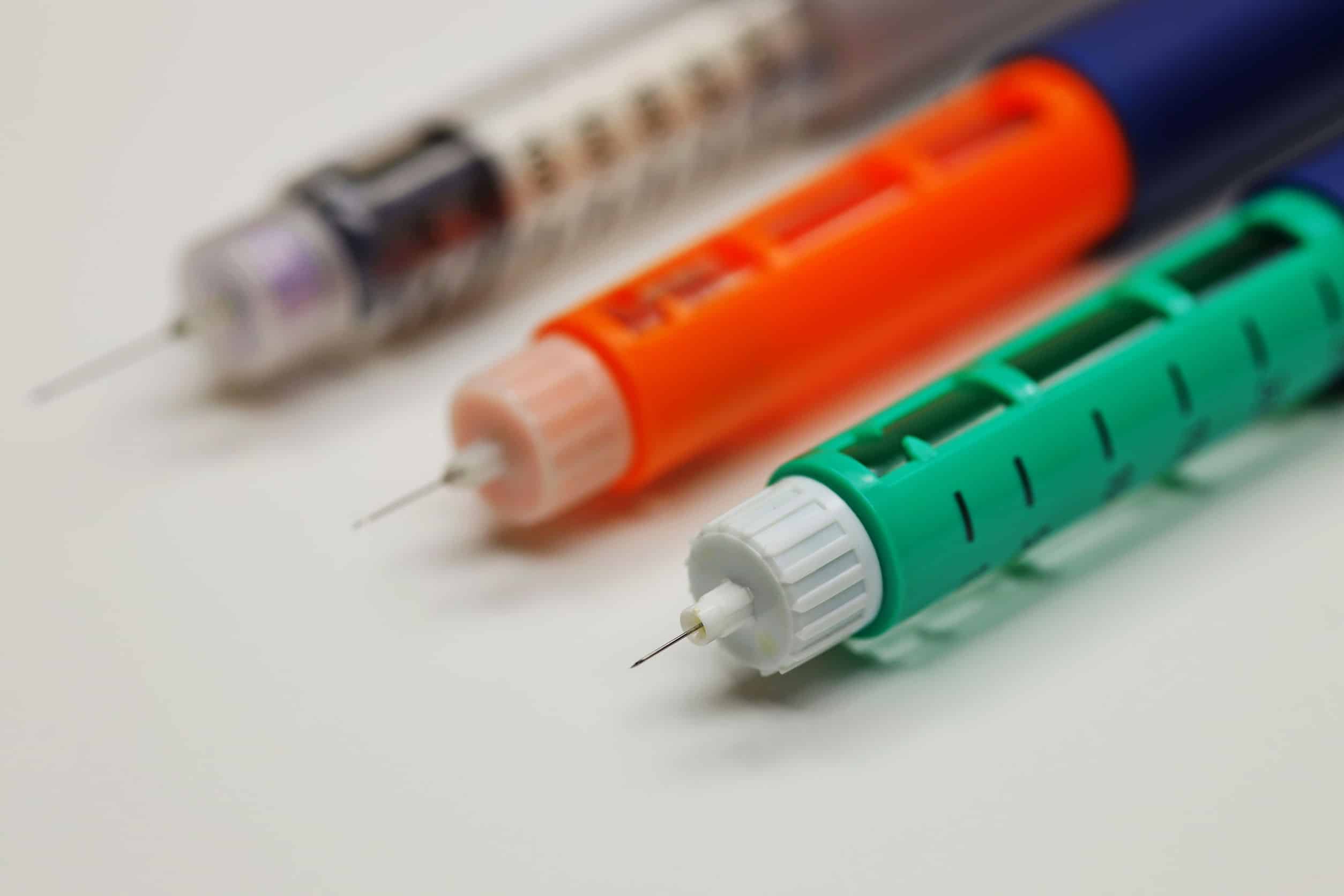Levemir vs Tresiba are two well-known brands of commercial insulin used to treat Type 1 and Type 2 diabetes. But how do these drugs compare to each other? Continue reading to learn how these two medications differ.
What is Tresiba?
Tresiba (insulin degludec) is a long-acting form of insulin. It starts working several hours after injection with effectiveness up to 24 hours. Due to its prolonged action, you do not need to take multiple doses of Tresiba.
Tresiba is a prescription drug to treat Type 1 and 2 diabetes in adults and children. However, it is not recommended for children below one year old.
It is available in vials and a prefilled FlexTouch pen. Specifically, its disposable pen form is available in U – 100 with 300 units of insulin and in U – 200 with 600 units.
What is Levemir?
Another type of long-acting insulin used to treat diabetes is Levemir. It has insulin detemir, which takes some hours after injection to start working. Similar to Tresiba, this drug can last for about 24 hours.
Levemir treats Type 1 and 2 diabetes in pediatric and adult patients. An important note, however, is that a child must be at least two years of age to use Levemir.
Levemir is offered in FlexTouch pens with a 300-unit maximum dose. Levemir vials are also commonly available in pharmacies.
Difference between Tresiba vs Levemir
The type of insulin utilized is the main distinction between Tresiba and Levemir. While Levemir includes insulin detemir, Tresiba contains insulin degludec. Despite this difference in insulin type, the onset and duration of insulin action are the same.
Both medicines effectively treat Type 1 and Type 2 diabetes in adults and children. While Levemir is only available in one dose unit (300), Tresiba is available in two dosage units (300 and 600)
Tresiba and Levemir can be kept in the fridge or at room temperature once they have been opened. They have usage expirations of 42 and 56 days, respectively.
Tresiba and Levemir Side Effects
Tresiba and Levemir share several common side effects upon intake, including the following:
- hypoglycemia
- weight gain
- headaches
- runny nose
- sneezing
- sore throat
- irritation in the injection site
Some side effects that are more common in Tresiba patients may include:
- low blood glucose (hypoglycemia)
- allergy symptoms
- responses at the injection site
- redistribution of body fat (lipodystrophy)
- itching
- rash
- swelling
- gaining weight
- runny or congested nose
- infection of the upper respiratory tract
- headache
- sinusitis
- stomach discomfort or upset, and
- diarrhea
On the other hand, symptoms typically attributed to taking Levemir may include the following:
- pain, redness, and irritation at the injection site
- swollen hands or feet
- thickening of the skin on the injection site
- gaining weight
- headache
- backache
- abdominal pain
- flu signs

